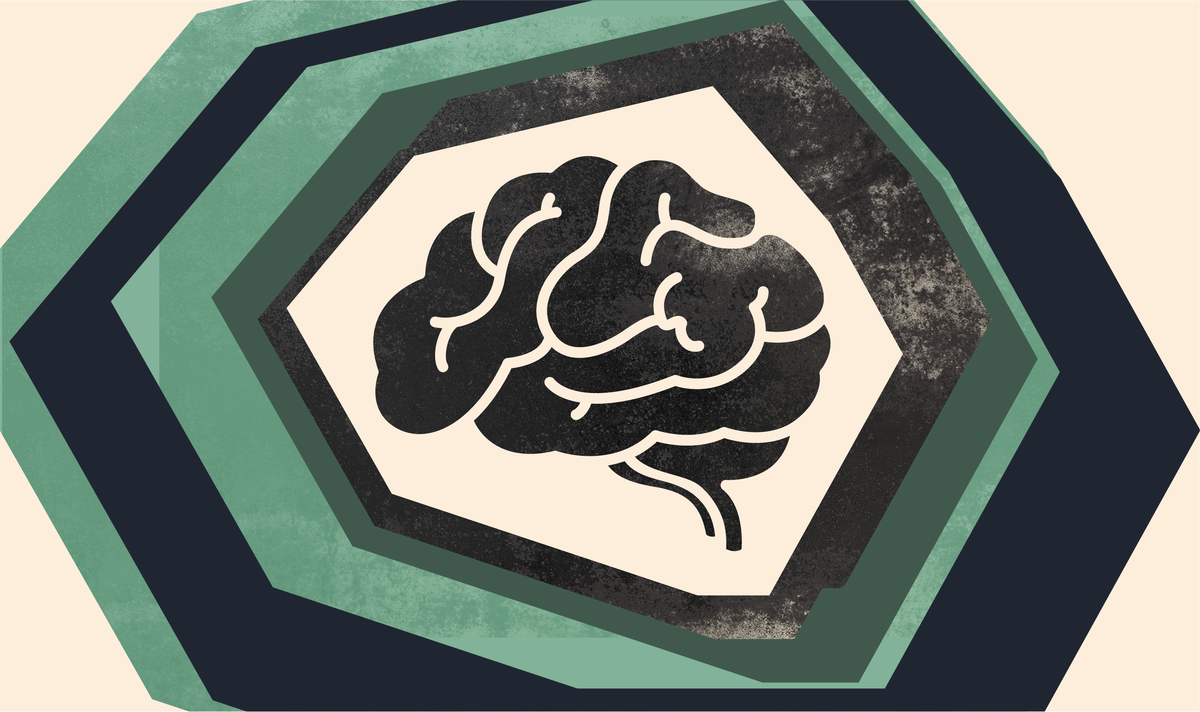Shutdown of specialized 988 Lifeline services for LGBTQ+ youth draws backlash and concern
A news story about a man’s mental health crisis and his interactions with ChatGPT sparked debate about the risks of using AI tools during psychological distress.

A news story about a man’s mental health crisis and his interactions with ChatGPT sparked debate about the risks of using AI tools during psychological distress.
The Trump administration’s shutdown of specialized services for LGBTQ+ youth through the 988 Suicide and Crisis Lifeline on July 17 sparked conversations online about the LGBTQ+ community and mental health. Additionally, social media users discussed a recent article about a man on the autism spectrum who was hospitalized three times and diagnosed with a severe manic episode following conversations with ChatGPT.

Insights brought to you by the reporters and science writers of Public Good News (PGN), a nonprofit newsroom dedicated to improving community health.
What’s trending nationally in conversations about mental health
On July 17, the Trump administration ended specialized services for LGBTQ+ youth offered through the 988 Lifeline, sparking conversation across social media platforms about LGBTQ+ youth and mental health. Some users, including celebrities like Pedro Pascal and Ellen DeGeneres, shared alternative resources for young people in the LGBTQ+ community, including the Trevor Project’s hotline. Others suggested LGBTQ+ youth use the general 988 Lifeline instead, while some users posted stigmatizing comments toward the community, particularly transgender people, falsely claiming that teens don’t know their sexual orientation at that age. In response to the news that some states, like California and Illinois, have plans to continue providing the services for LGBTQ+ youth, some users called for those states’ funds to be cut. Posts about the shutdown received more than 6 million views as of July 23.
This week, social media users also discussed a recent Wall Street Journal story about a 30-year-old man on the autism spectrum who was hospitalized and diagnosed with a severe manic episode following conversations with ChatGPT. According to the article, the man had been talking to ChatGPT for months about his theory about faster-than-light travel and claimed that he had the ability to bend time. The man asked the AI tool to find flaws in his theory, and instead of contradicting him, ChatGPT encouraged and flattered him while assuring him that he was mentally okay. After the man had been hospitalized several times, his mother asked ChatGPT what had gone wrong, to which the tool responded: “By not pausing the flow or elevating reality-check messaging, I failed to interrupt what could resemble a manic or dissociative episode—or at least an emotionally intense identity crisis.”
In response, some social media users highlighted the importance of using caution when using AI tools like ChatGPT and commented on the potential dangers of these platforms, especially for those experiencing mental health crises. Others mentioned similar cases of so-called “ChatGPT psychosis,” while some claimed that the platform is not responsible for these events. Conversations stemming from the article received approximately 77,000 engagements and 11.7 million views as of July 23.

Recommendations brought to you by the health communication experts behind Infodemiology.com.
Recommendations for public health professionals
Each week, the Infodemiology.com team will provide messaging recommendations in response to some of the trending narratives outlined above. These helpful tips can be used when creating content, updating web and FAQ pages, and developing strategy for messaging about mental health.
In response to discussion about the shutdown of specialized 988 services for LGBTQ+ youth, communicators may share alternative resources, including the Trans Lifeline, the LGBT National Help Center, and the Trevor Project. Emphasizing that the general 988 Lifeline is still available to call or text 24/7 is recommended.
Concerns about mental health when using ChatGPT provide an opportunity to highlight the potential dangers of such platforms and how to use AI tools safely, especially when it comes to mental health. Circulating mental health resources is also recommended.
